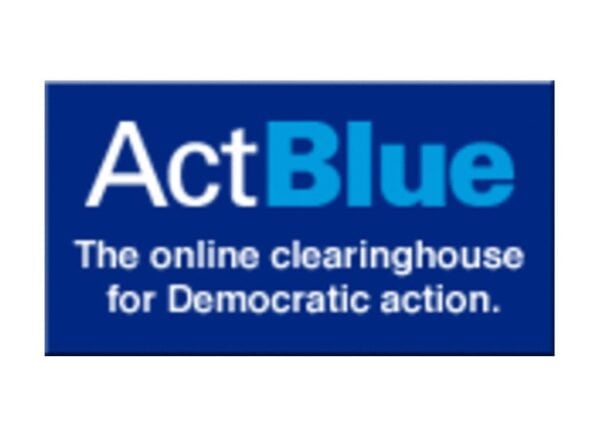
You can view and/or leave a comment for the FEC committee here.
Last month, Texas Attorney General Ken Paxton demanded a Department of Justice investigation into ActBlue after finding evidence of fraudulent donations being laundered through the organization. The Gateway Pundit reported that Paxton had found a network of potentially illicit donations that were made using false identities and untraceable payment methods.
The ActBlue smurfing scheme was uncovered previously by the work of ElectionWatch.info’s Peter Bernegger and reported by James O’Keefe of O’Keefe Media Group. The scheme involves using the identities of thousands of retired senior citizens to “donate” often thousands of times using small dollar donations. When O’Keefe confronted some of the larger donors, they were shocked to discover the donations were made on their behalf.
This scheme is not only identity theft, but it could also lead to tax implications for the unsuspecting victims of this fraud.
After AG Paxton’s October 2024 letter calling on the DOJ to investigate and the Federal Elections Commission (FEC) to propose rule changes, the FEC has sought public comment on “contributions through untraceable electronic payment methods.”
The public record states that the commission is seeking to adopt two amendments to 11 CFR 104.14 regarding the use of credit cards to make contributions. It states:
First, the petition requests an amendment to 11 CFR 104.14(b)(5) to provide that records for contributions made by credit, debit, prepaid, or gift card must include documentation confirming that a cross-check occurred between the contributor’s self-reported identifying information with the card issuing institution’s own information on the name and billing address of the cardholder.
Second, the petition requests an amendment to 11 CFR 104.14(e) to provide that contributions cannot be accepted from prepaid or gift cards unless the information from those prepaid or gift cards can be cross-checked with the card issuing institution to confirm the name and billing address required under the proposed amendment to 11 CFR 104.14(b)(5).
The public comment opened on November 26th and will remain open through January 27th, 2025. You can leave a public comment here.
In the wake of the overturning of Chevron Deference by the Supreme Court earlier this year, these rules changes may be challenged in court. Or just flat out ignored (ActBlue has since begun to require CVV captures on their website, though).
Rather than rely on the FEC to make the rule change, Congress could simply pass the CVV Act, introduced by Senator Marco Rubio in February 2023. While the bill is simply one sentence requiring the CVV number be captured, as is the standard in any over-the-phone or internet-based credit card transaction, it has been sitting in committee for over two years without a vote.
The bill simply reads:
An organization shall not be treated as an organization described in this section unless, in the case of any internet credit card contribution accepted by such organization, the individual or entity making such contribution is required, at the time such contribution is made, to disclose the credit verification value of such credit card.
Former Polish politician Piotr Kulpa alleged last week that half of the US aid to Ukraine was being laundered back to Democrats in the United States. This claim is supported by the investigation into the crypto platform FTX and its founder Sam Bankman-Fried.
But even before Kulpa’s claim, Peter Bernegger made similar claims on the Why We Vote podcast. That is that money is coming in from China and Ukraine, through the US Treasury, and making its way into campaign coffers. But in the process of making their way to a campaign, these illicit donations pass through several NGOs and non-profits that all take a 3.95% cut, according to Bernegger.
With the Federal Elections Commission opening up public comment for a rule change regarding how credit card donations are processed (calling for a rule change requiring the CVV number captured), it is worth noting a couple things that exemplify our government’s inefficiency as… pic.twitter.com/wYD6aC3Mvq
— CannCon (@CannConActual) November 29, 2024
According to Ballotpedia, President Trump’s campaign in 2024 raised the second-least amount ($391 million) of any campaign dating back to 2008, while Kamala Harris raised the second most ($1 billion). Joe Biden’s 2020 campaign was the highest in that time frame at $1.02 billion raised, followed by Obama 2008 and Obama 2012 with $900 million and $800 million, respectively.

